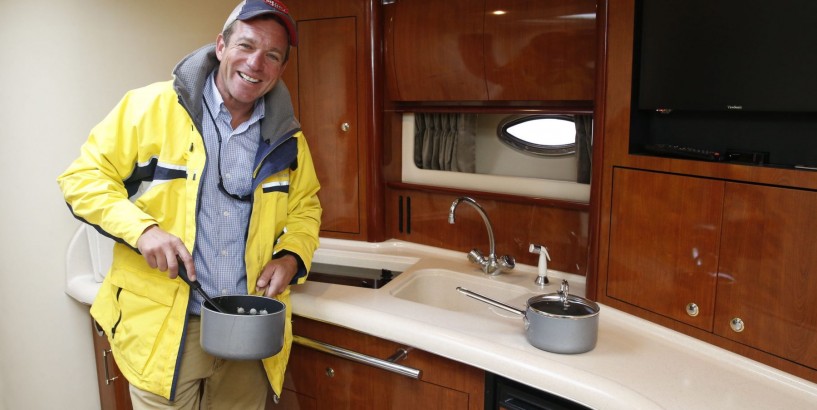There’s a legal storm brewing in Buffalo over the words "lake effect."
In a Feb. 21 filing, Lake Effect Diner’s owner sued Lake Effect Artisan Ice Cream in federal court, claiming trademark infringement.
Among other allegations, the suit accuses the ice cream company of intentionally using a name similar to Lake Effect Diner to “deceive consumers in the marketplace and to trade off the valuable goodwill” the diner has built among customers, the lawsuit charged.
Lake Effect Artisan Ice Cream’s owners said they were shocked and disappointed by the lawsuit, which came after the ice cream company had been in operation for a decade. During that time, the ice cream company's owners said in a statement, they had discussed numerous potential ventures with Tucker Curtin, the diner’s owner.
“We are upset that Mr. Curtin wants to destroy Lake Effect Ice Cream, but are dedicated to protecting our name,” owners Jason Wulf and Erik Bernardi said in the statement. “We plan to fight Mr. Curtin and will be happy when all of this is resolved.”
Lake Effect Diner, at 3165 Main St., trademarked its name in 2006.
Lake Effect Artisan Ice Cream, based in Lockport, started selling ice cream in 2008.
In October 2018, Lake Effect Artisan Ice Cream filed a trademark application for its name. The application was rejected by the U.S. Patent and Trademark Office in February, with the examining attorney citing a likelihood of confusion.
“(I)t is highly likely, particularly given the geographic proximity of applicant and registrant, that consumers would perceive the ice cream shop and goods as a spin-off directly associated with the diner of the same name,” wrote trademark examiner Caitlin Watts-FitzGerald.
The diner sent the ice cream company a cease-and-desist letter in August 2017. Attorney Justin Kloss, representing the diner’s owners, said that efforts to reach an agreement followed.
“We had engaged in pre-litigation discussions with the owners of the business to try to work something out with them,” Kloss said. “We went back and forth for several months. We were ultimately unable to resolve the issue.”
The lawsuit came as “an incredible shock and a huge disappointment,” especially since Curtin had discussed several business ventures with the ice cream company over the years, the ice cream makers said in the statement.
“Mr. Curtin showed no problems coexisting in the same marketplace with us. His threats against us began more than a year ago with letters from his attorney demanding money for use of the phrase ‘Lake Effect.’ The letters subsequently stopped, and we didn’t hear from him again for almost a year. We thought that these upsetting allegations were over. That is until a few days ago,” the ice cream makers said.
Curtin said that in the end he had to sue to protect his business and its reputation.
“We built a brand about Lake Effect, which is engaged in selling food and beverage, and ice cream,” Curtin said. “We have over 25 flavors of milkshakes, and products I’ve sold under the Lake Effect brand. It’s my name, and I got it first.”
When the ice cream company opened a store less than a mile from the diner, the number of people mistaking one for the other increased, and he acted to enforce his trademark, Curtin said.
Send restaurant tips to agalarneau@buffnews.com and follow @BuffaloFood on Instagram and Twitter.









